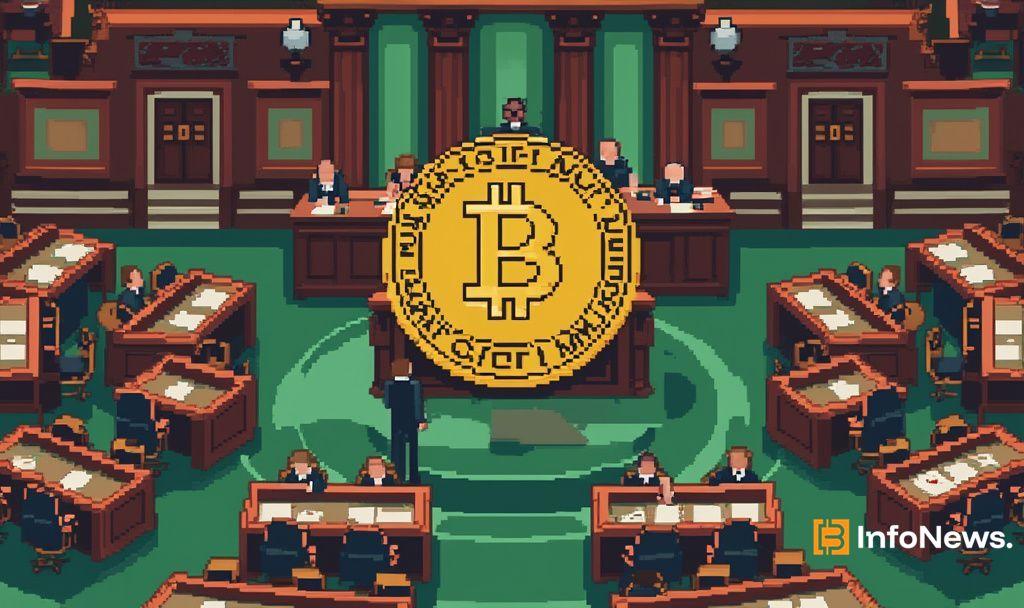North Carolina Proposes Bill for Crypto Tax Payments
- North Carolina considers crypto tax payments via proposed legislation.
- Aims to integrate cryptocurrency into state tax systems.
- Legislation signals increased digital currency acceptance nationwide.

North Carolina legislators proposed a bill on October 2023 to allow cryptocurrency payments for state taxes.
This initiative could boost crypto adoption, impacting financial strategies and technology integration.
North Carolina Embraces Crypto for State Tax Payments
North Carolina’s legislation aims to incorporate digital currencies into state taxation, reflecting a growing trend. Legislators argue this move aligns with technological advancements. According to Dan Spuller, Head of Industry Affairs at the Blockchain Association, “Passing HB 92 will further cement the state’s leadership in financial and technological innovation.”
The proposed bill involves state government, tech experts, and financial analysts. Changes highlighted include payment options for taxes, fees, and other governmental charges.
Crypto Industry Backs North Carolina’s Tax Payment Proposal
Initial reactions suggest positive endorsements from the crypto industry, signaling increased flexibility in payment methods. This development could attract tech-savvy investors.
Financial implications include potential cost savings for the state and increased efficiency. Social acceptance might grow as cryptocurrencies become more integrated into daily transactions.
Legislation Reflects Trend of Digital Payment Integration
Similar legislative efforts in other regions highlight the increased visibility of cryptocurrencies. A shift towards digital payments parallels broader financial system reforms. North Carolina’s Bill for Crypto Payments showcases this national trend.
Experts predict rising digital currency adoption, driven by previous successful implementations. Historical trends indicate sustained interest in crypto if regulatory frameworks advance. Loretta Boniti, Spokeswoman for Treasurer Brad Briner, mentioned, “There are many compelling innovations happening in digital assets, and it is important that our state explore opportunities to modernize.”





